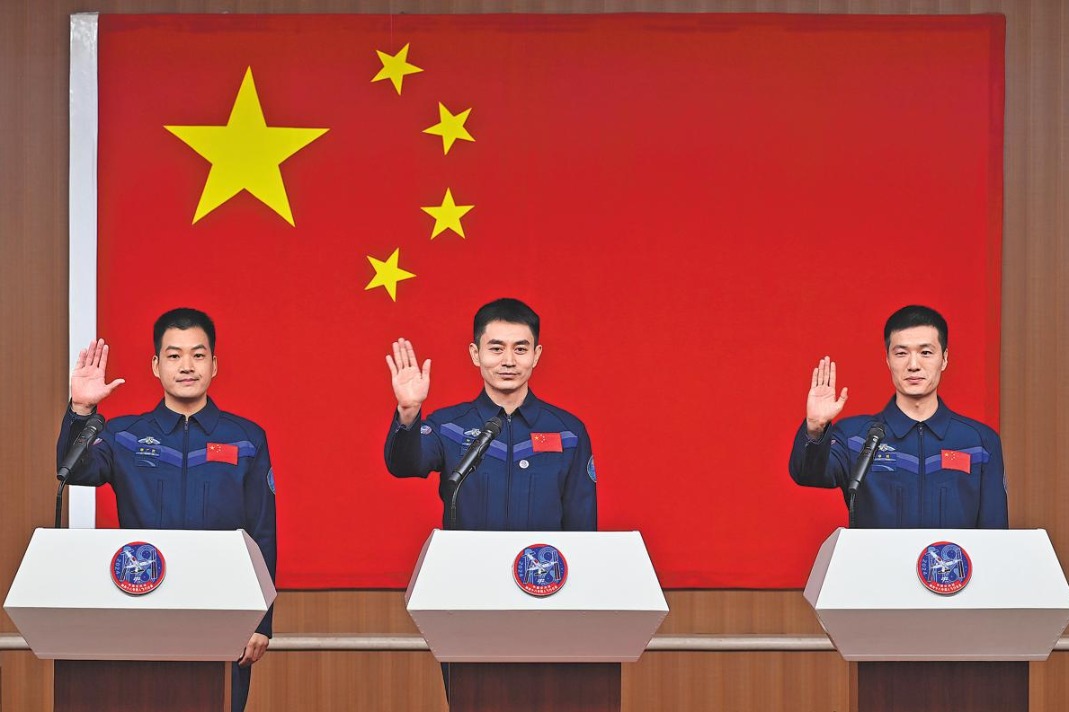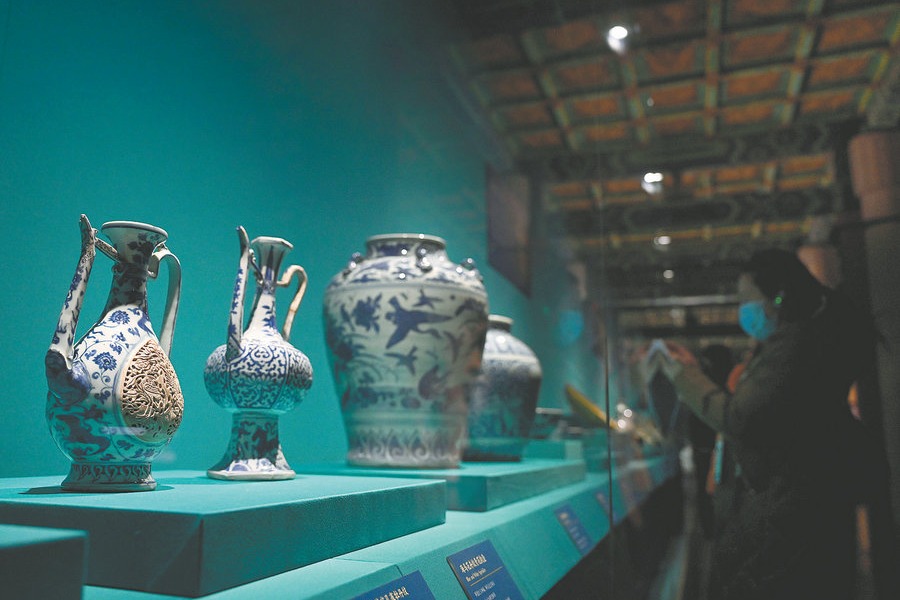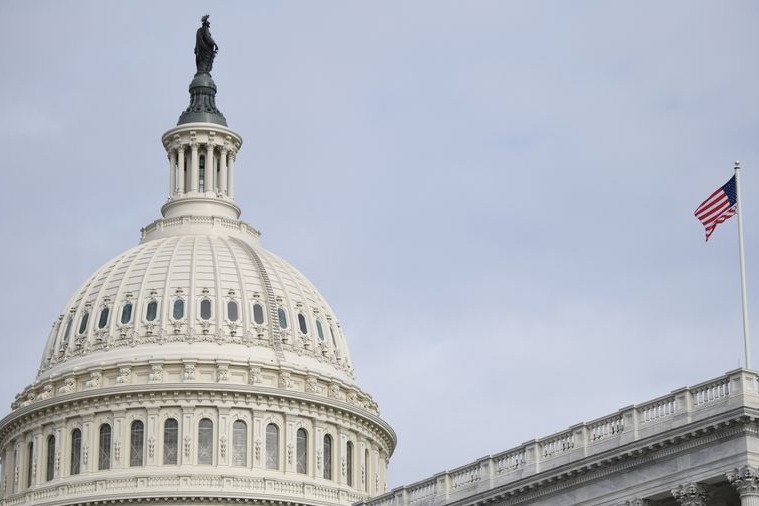Davos one year on

China as a Climate Leader
“The Paris Agreement is a hard-won achievement [...] All signatories should stick to it instead of walking away from it”
Although China remains the largest emitter of greenhouse gases, it has made substantial progress on climate action domestically in the past year and has also taken a greater leadership role on the world stage. In 2017 China announced a high-profile partnership with the EU, launching the world’s largest carbon market. This political leadership may have endowed China with a sense of moral authority and soft power which had been previously lacking. But through installing more renewable capacity, improving air quality and building the largest renewable energy production base, China has also shown that going green pays in a number of ways.
Coal still remains the dominant energy source in China and 2017 saw a slight increase in coal use after three years of flat growth. This was caused by an uptick in economic growth as well as regional droughts, which sapped capacity from China’s large hydroelectric sector. However, when it comes to transitioning to renewable energy, China is the world leader and the numbers speak for themselves. According to Bloomberg New Energy Finance, in 2017 China invested $132.6 billion in renewable energy, 24 percent more than in 2016 and accounting for 40 percent of global investment in clean power. As part of its Belt and Road Initiative the country also made big investments abroad, spending $44 billion on renewables projects, mergers and acquisitions. Coupled with a number of factory shutdowns, this mitigation strategy is paying off. Greenpeace reported a year-on-year decline in pollution in Beijing of 53 percent; they estimate that this led to 160,000 fewer premature deaths in the country during 2017.
China’s strategy on renewable energy has also been paying dividends for domestic companies, who have developed a strong lead in the manufacturing of clean tech, producing some 60 percent of all solar panels in 2017. In a December meeting in Beijing, China’s environment minister reported there were now over 2.7 million jobs in renewables in China and the National Energy Administration expects this to grow to 13 million by 2020.
The Belt and Road
“Emerging markets and developing countries already contribute to 80 percent of the growth of the global economy. [...]. However, the global governance system has not embraced those new changes “
“Reform or replace” was the message to the global governance system. 2017 saw a strong push behind Xi’s signature foreign policy, the BRI. The plan consists of a series of infrastructure projects in Asia, Africa and Europe with an estimated price tag of $1 trillion. In May, leaders descended on Beijing for a forum on the topic and as the year went on the first round of projects was announced. Much of the funding for the initiative will come from three new multilateral banks set up by Beijing with international partners, the Asian Infrastructure Investment Bank, The Silk Road Fund and the New Development Bank.
The need for such a project is huge. The World Economic Forum calculates there is an annual infrastructure gap of $1 trillion. But perhaps more significantly, the initiative provides an alternative framework for multilateral collaboration which puts the emerging world at the center. This will put pressure on current international institutions to reform, or risk seeing their influence wane in key fast-growing geographies.
Xi’s speech outlined a considered Chinese view of the major trends affecting the world, and a series of recommendations to deal with it. As in many Chinese policy-making enterprises, these take the long view. But in the last 12 months, the themes set out in Xi’s speech have seemed to guide China’s major policy decisions and transformations. China’s ever more active role in global affairs and from a new platform as an innovator, climate leader and builder of institutions should give established powers food for thought and continue to usher in a multi-polar and indeed, multi-conceptual global system. What is certain is that wherever others are willing to cede global leadership, China stands ready and willing to fill the gap.
The author is project specialist of the World Economic Forum’s Circular Economy initiative, leading the work on policy engagement in emerging markets with a key focus on China and the African continent.


































